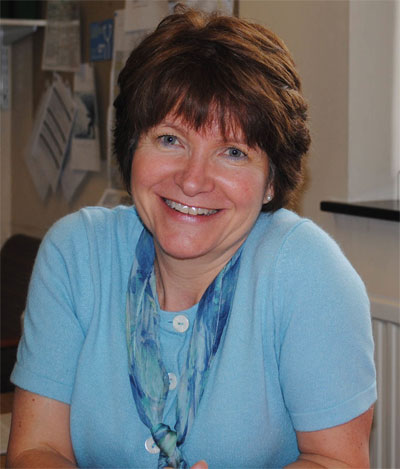
The GP-led Clinical Commissioning Group (CCG) for West Norfolk has appointed Sue Crossman as its Chief Officer.
NHS West Norfolk Clinical Commissioning Group is led by local family doctors and nurses and has a small team of expert managers – led by Sue Crossman – to drive its work forward.
Sue has a background as a nurse in general practice, lecturer in primary care, researcher and health services manager. She joined the commissioning team in West Norfolk in 2009 and was appointed as the executive lead for the emerging CCG in April 2010. Her appointment as Chief Officer will become a statutory role in April 2013, once the CCG becomes fully authorised.
Sue said: “Our commissioning is led by local family doctors and nurses who understand their patients needs. Their experience and clinical insight will greatly inform good local commissioning of NHS healthcare.
“The real challenge will be to do this within the constraints of the current financial climate. West Norfolk benefits from a strong collaboration across health, social and voluntary partners and we have many examples of the positive effects this can have in terms of quality and cost-effectiveness when developing the services local people need.”
Dr Tony Burgess, who has been interim Chair of WNCCG, said: “Sue is an experienced leader and is well placed to help us make the CCG a success for patients in West Norfolk. We are delighted with her appointment.”
Ray Harding, Chief Executive of the Borough Council of King’s Lynn and West Norfolk, said: “I am delighted that Sue has been appointed to the post of Chief Officer for the West Norfolk CCG. In my personal view the Board has made an excellent choice and I look forward to continuing to work closely with Sue as the health reforms are implemented in West Norfolk and the CCG firmly establishes itself as a key part of the new arrangements in this area.”
NHS West Norfolk CCG is based in Kings Lynn. It has held a number of stakeholder events to listen to the views of West Norfolk patients and interest groups. Already, the CCG has begun transforming aspects of care, such as:
- a new “Hospice at Home” service which gives patients at the end of their lives greater access to palliative care where they live.
- a new mobile DEXA screening service to identify people with greater risk of bone fractures.
-
a new 24 hour electrocardiogram (ECG) monitoring service to speed up care for patients with suspected heart problems









